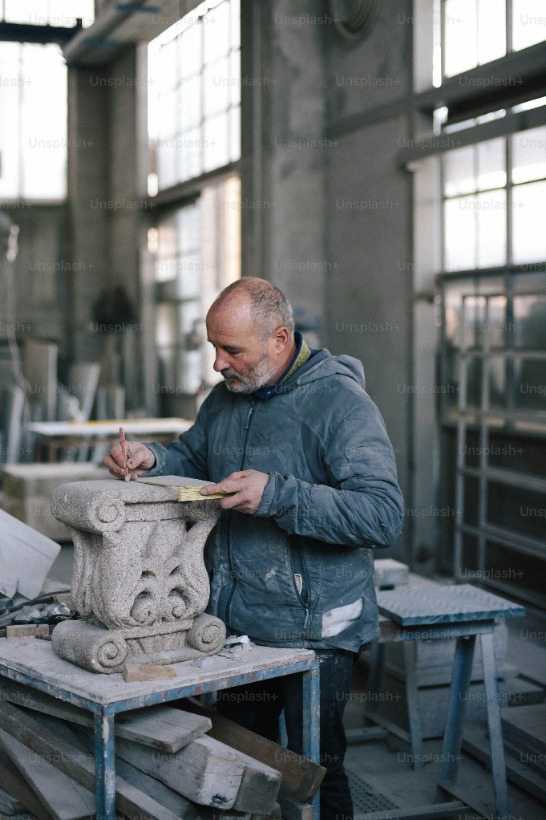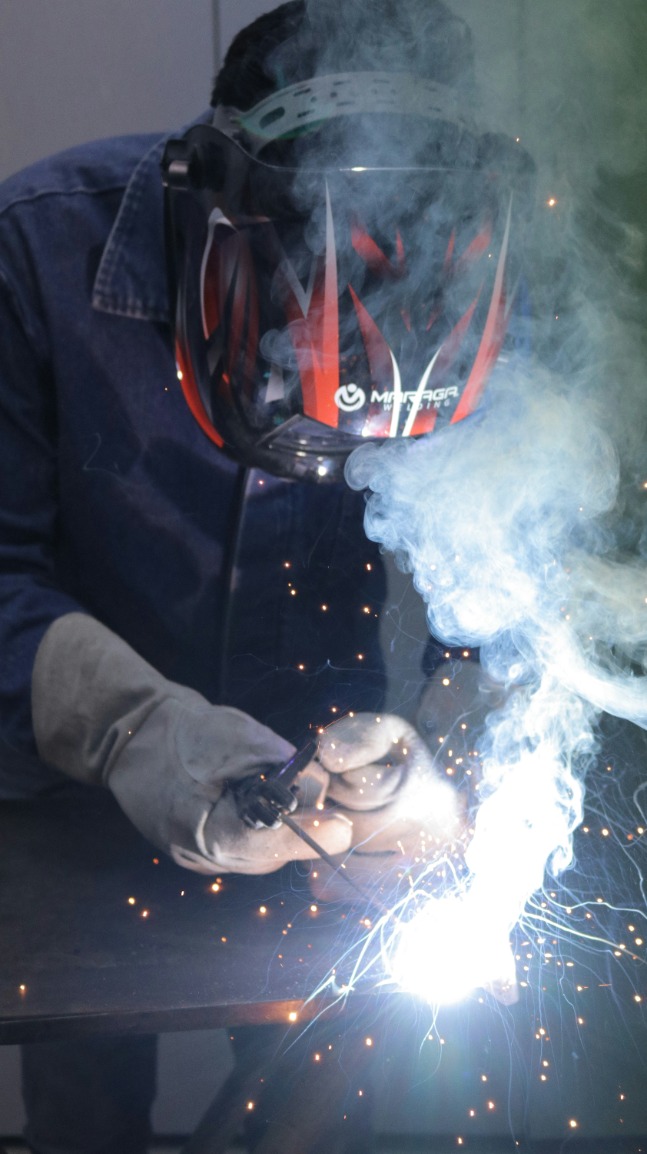




Collect, identify, classify, and analyze physical evidence related to criminal investigations. Perform tests on weapons or substances, such as fiber, hair, and tissue to determine significance to investigation. May testify as expert witnesses on evidence or crime laboratory techniques. May serve as specialists in area of expertise, such as ballistics, fingerprinting, handwriting, or biochemistry.
Provide technical assistance regarding the conservation of soil, water, forests, or related natural resources. May compile data pertaining to size, content, condition, and other characteristics of forest tracts under the direction of foresters, or train and lead forest workers in forest propagation and fire prevention and suppression. May assist conservation scientists in managing, improving, and protecting rangelands and wildlife habitats.
Under supervision, perform manual labor necessary to develop, maintain, or protect areas such as forests, forested areas, woodlands, wetlands, and rangelands through such activities as raising and transporting seedlings; combating insects, pests, and diseases harmful to plant life; and building structures to control water, erosion, and leaching of soil. Includes forester aides, seedling pullers, tree planters, and gatherers of nontimber forestry products such as pine straw.
Enforce fire regulations, inspect forest for fire hazards, and recommend forest fire prevention or control measures. May report forest fires and weather conditions.
Manage public and private forested lands for economic, recreational, and conservation purposes. May inventory the type, amount, and location of standing timber, appraise the timber's worth, negotiate the purchase, and draw up contracts for procurement. May determine how to conserve wildlife habitats, creek beds, water quality, and soil stability, and how best to comply with environmental regulations. May devise plans for planting and growing new trees, monitor trees for healthy growth, and determine optimal harvesting schedules.
Teach courses in forestry and conservation science. Includes both teachers primarily engaged in teaching and those who do a combination of teaching and research.
Set up, operate, or tend forging machines to taper, shape, or form metal or plastic parts.
Make or form wax or sand cores or molds used in the production of metal castings in foundries.
Obtain evidence, take statements, produce reports, and testify to findings regarding resolution of fraud allegations. May coordinate fraud detection and prevention activities.
Research rates, routings, or modes of transport for shipment of products. Maintain awareness of regulations affecting the international movement of cargo. Make arrangements for additional services, such as storage or inland transportation.